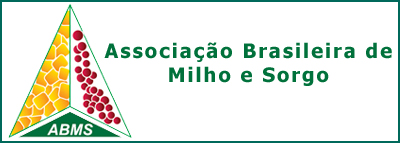SILAGE PRODUCTION, BROMATOLOGICAL COMPOSITION AND ECONOMIC VIABILITY OF INOCULATION OF VARIETAL MAIZES WITH
DOI:
https://doi.org/10.18512/rbms2021v20e1174Keywords:
agricultura familiarAbstract
In the western region of the State of Goias family farmers that depend on
the raising of livestock as one of their main sources of income are predominant. These farmers periodically grow maize for the production of silage in order to compensate their incomes. Considering the high cost of hybrid seeds and nitrogen fertilization, technologies that contribute to the reduction of silage production costs are required. In this sense, the objective of this study was to evaluate the response of maize genetic materials (Feroz Hybrid VIP3 and varieties SCS 156 and SCS 154), regarding silage production, bromatological composition and economic viability when inoculated with Azospirillum brasilense. The experiment was carried out on strips using a completely randomized design with four replications. Each cultivar responded differently to inoculation. For the Feroz hybrid and SCS 156 variety, the use of Azospirillum provided increases of 13.1% and 42.1% in green stem mass and 11.2 and 30.3% in silage nitrogen content, influencing the nutritional composition of the bulky food produced. For the SCS 154 variety, there was no response to inoculation. As for the economic viability, the use of inoculated SCS 156 variety presents a better rate of rentability, proving to be more economically attractive and viable to farmers.
Downloads
Published
How to Cite
Issue
Section
License
Authors retain copyright and grant the journal right of first publication with the work simultaneously licensed under the Creative Commons Attribution License that allows the sharing of work and recognition of the work of authorship and initial publication in this journal.
Authors are able to take on additional contracts separately for non-exclusive distribution of the version of the paper published in this journal (eg, in an institutional repository or publish as a book), with acknowledgment of its initial publication in this journal.
Authors are permitted and encouraged to post their work online (eg, in institutional repositories or on their website) at any point before or during the editorial process, as this may leadto productive exchanges, as well as increase the impact and citation of published work.



